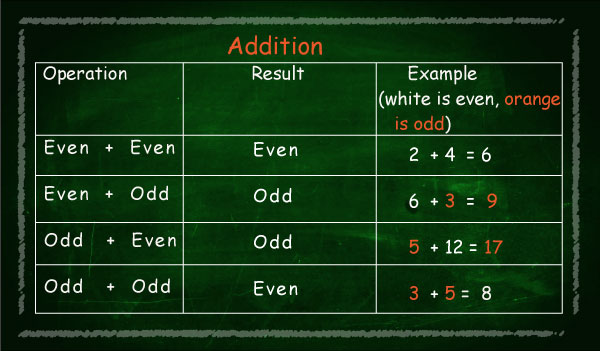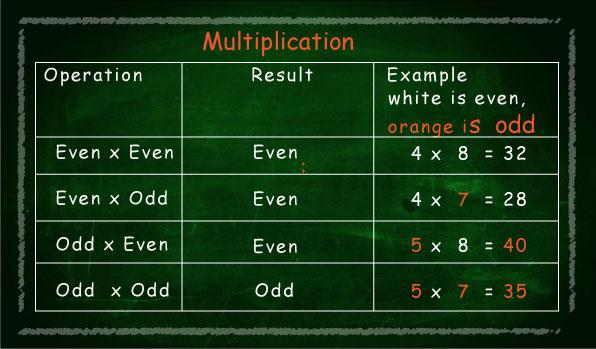Least Common Multiple is made up of the words Least, Common and Multiple:
The multiples of a number are what you get when you multiply it by other numbers (such as if you multiply it by 1,2,3,4,5, and so on).
Just like in the multiplication table.
Here are some examples:
The multiples of 3 are: 3, 6, 9, 12, 15, 18, 21, and so on ...
The multiples of 12 are: 12, 24, 36, 48, 60, 72, and so on...
When you list the multiples of two (or more) numbers, and find the same value in both lists, then that is a common multiple of those numbers.
For example, when you write down the multiples of 4 and 5, the common multiples are those that are found in both lists:
The multiples of 4 are: 4,8,12,16,20,24,28,32,36,40,44,...
The multiples of 5 are: 5,10,15,20,25,30,35,40,45,50,...
Notice that 20 and 40 appear in both lists?
So, the common multiples of 4 and 5 are: 20, 40, (and 60, 80, and so on ..., too)
In our previous example, the smallest of the common multiples is 20 ...
..so, the Least Common Multiple of 4 and 5 is 20.
It is a really easy thing to do. Just start listing the multiples of the numbers until you get a match.
The multiples of 3 are 3, 6, 9, 12, 15, ...,
and the multiples of 5 are 5, 10, 15, 20, ..., like this:
As you can see on this number line, the first time the multiples match up is 15. Answer: 15
Find the Least Common Multiple for 4,6 and 8
Multiples of 4 are: 4, 8, 12, 16, 20, 24, 28, 32, 36, ...
Multiples of 6 are: 6, 12, 18, 24, 30, 36, ...
Multiples of 8 are: 8, 16, 24, 32, 40, ....
So, 24 is the least common multiple
These are the numbers with only 2 divisors, 1 and the number itself.
A Prime Number can be divided evenly only by 1, or itself.
And it must be a whole number greater than 1.
5 can only be divided evenly by 1 or 5, so it is a prime number.
But 6 can be divided evenly by 1, 2, 3 and 6 so it is NOT a prime number (it is a composite number).
A whole number that can be divided evenly by numbers other than 1 or itself.
Example: 9 can be divided enenly (as well as 1 and 9), so 9 is a composite number.
But 7 cannot be divided evenly (expect by 1 and 7(, so is NOT a composite number (it is a prime number)
Whole number above 1 are either composite or prime.
Any number that can be divided exactly by 2.
The last digit will be 0, 2, 4, 6 or 8
-24, 0, 6 and 38 are all even numbers
If it is not an even number, it is called an odd number.
The last digit will be 1, 3, 5, 7 or 9
Example: -3, 1, 7 and 35 are all odd numbers
When you add (or subtract) odd or even numbers the results are always:

(The same thing happens if you subtract instead of adding)
When you multiply odd or even numbers the results are always:

Play this video to learn more on LCM
Play this video to learn more about Prime Numbers